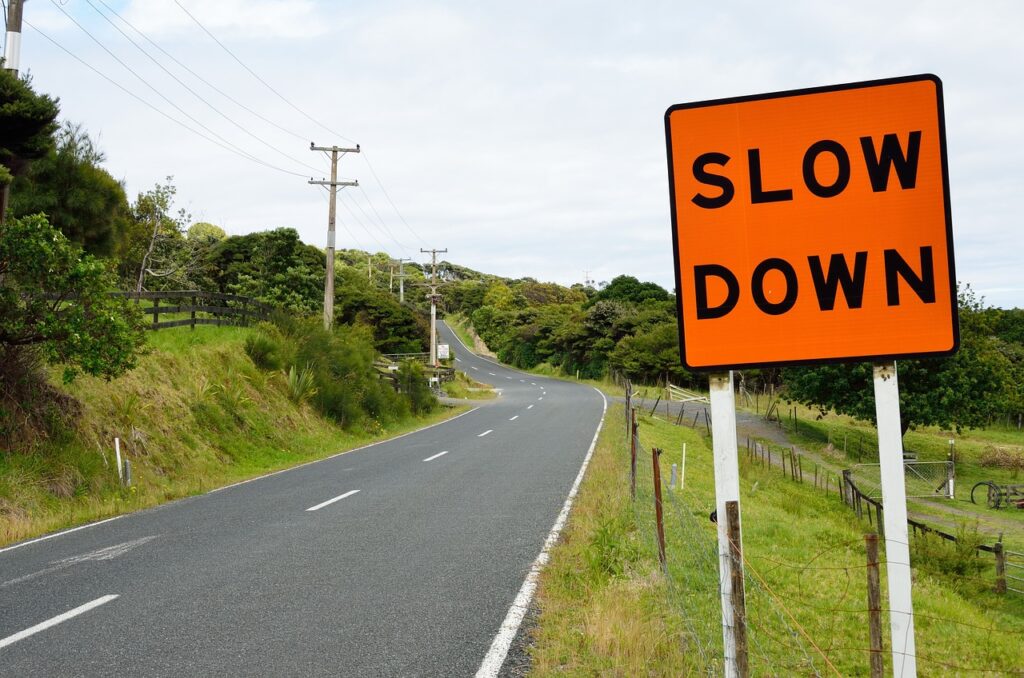Foreclosure is a challenging and stressful process for any homeowner. Understanding the timeline and factors involved can provide much-needed clarity and hope. This article explores how long foreclosure takes, key influencing factors, and what you can do to manage or potentially delay the process.

What Factors Affect the Foreclosure Timeline?
State Laws and Judicial vs. Nonjudicial Processes
One of the most significant factors affecting how long foreclosure takes is whether the state follows a judicial or nonjudicial process. In judicial foreclosures, a lender must file a lawsuit and go through the court system to foreclose on a property, which generally extends the timeline. According to DebtStoppers, “There are two different types of foreclosure: power of sale and judicial,” with judicial foreclosures often taking longer due to court involvement. Non-judicial foreclosures, on the other hand, do not require court action. States that allow nonjudicial foreclosures can see quicker timelines. As noted by Experian, these processes can be completed within a matter of months.
Policies and Procedures
Lender-specific practices can also impact how long it takes for a foreclosure to be finalized. Some lenders move quickly to initiate proceedings after missed payments, while others may take a more lenient approach, providing more time for homeowners to address their financial situations.
Borrower Actions and Legal Delays
Homeowners can take specific steps to delay the foreclosure process, such as responding to court notices, contesting the foreclosure, or seeking loan modifications. These actions can add weeks or months to the timeline. Legal defenses and delays can be critical lifelines that offer homeowners the time to find alternative solutions.
How Long Does It Take to Go Into Foreclosure After Missed Payments?
Typical Timeline for Missed Payments and Lender Notices
Foreclosure generally starts after multiple missed mortgage payments. Typically, lenders wait until the homeowner has missed three to six months of payments before beginning foreclosure proceedings. This initial period is often called “preforeclosure,” during which lenders send notices and breach letters.

How Long Before Foreclosure Proceedings Begin?
The length of time before a foreclosure officially starts varies by state. For example, Gary Buys Houses highlights that in Utah, the foreclosure process can take at least seven months from the first missed payment. This initial waiting period gives homeowners some time to work on alternatives like repayment plans or loan modifications.
How Long Does Foreclosure Take After Being Served Papers?
Initial Response Period for Homeowners
Once served with foreclosure papers, homeowners typically have a limited window to respond. This response period is usually 20 to 30 days, depending on state regulations. It’s a crucial time to seek legal counsel or consider mediation options to potentially stop or delay foreclosure.
Court Hearings and Potential Outcomes
In judicial foreclosures, a court hearing will be set to determine whether the lender can proceed with the foreclosure. The judge may either approve the foreclosure, giving the green light for a sale, or grant a continuance, allowing more time for the homeowner. According to Nolo, after the judge’s decision, the homeowner will receive notice of the sale date and location.
Can Foreclosure Timelines Be Extended by Homeowner Actions?
Yes, certain homeowner actions can extend foreclosure timelines. These include contesting the foreclosure in court, negotiating with the lender, or seeking bankruptcy protection, which can add months or even years to the process.
Judicial vs. Nonjudicial Foreclosure: Which Takes Longer?
Overview of Judicial Foreclosure and Its Timeline
Judicial foreclosure involves a court proceeding that can take anywhere from a few months to several years, depending on the court system’s backup and the homeowner’s defenses. States with mandatory judicial foreclosures tend to have longer timelines due to required court involvement.
Overview of Nonjudicial Foreclosure Timeline
Nonjudicial foreclosure, by contrast, can move more swiftly. If the borrower does not contest the process, filing the required paperwork and holding an auction can often be completed within months.

How Long Does a Foreclosure Sale Take to Complete?
Preparing for the Foreclosure Sale
Once the foreclosure is approved, a date for the sale is set. The time frame from the notice of sale to the auction can be as short as a few weeks or as long as a few months, depending on local laws and the lender’s policy.
Duration of the Auction Process
The auction itself typically lasts a day, and if a buyer is found, the sale concludes relatively quickly. However, if the property does not sell, the lender may take ownership and try to sell it later, which can extend the timeline.
What Happens After the Sale?
After the sale, the homeowner may be asked to vacate the property. If the property is bank-owned, the lender might engage a real estate-owned (REO) manager to sell the property. This phase can take weeks or even months, depending on the market.
How Long Does a Foreclosure Take to Close?
Post-Sale Procedures and Repossession Timeline
Post-sale procedures, including transferring ownership and evicting the homeowner, can take an additional 30-90 days.
State Redemption Periods and Their Impact on Closing
Some states provide a redemption period after the foreclosure sale, during which the original homeowner can reclaim their property by paying the full sale price plus any additional costs. As Credit.com notes, “many states have a redemption period after the foreclosure sale, allowing you to reclaim your home.” These periods can range from a few days to over a year, further impacting the time it takes for the foreclosure process to close.
Factors That May Speed Up or Slow Down the Process
Several elements can affect how quickly or slowly a foreclosure closes. These include:
- State regulations: States with long redemption periods or complex legal processes naturally lengthen the timeline.
- Market conditions: A slow real estate market can delay the sale and closure of a foreclosed property.
- Homeowner actions: Actions like contesting the foreclosure or filing for bankruptcy can add significant time to the process.

Can You Delay or Stop the Foreclosure Process?
Options for Loan Modification and Negotiation
One way to delay or stop foreclosure is by working with the lender to negotiate a loan modification. This option can adjust the terms of the loan, making payments more manageable. Lenders often prefer this approach over foreclosure, as it minimizes their losses.
Legal Actions Such as Filing for Bankruptcy
Filing for bankruptcy is another option that can delay foreclosure. A Chapter 7 bankruptcy may temporarily halt proceedings, while a Chapter 13 bankruptcy allows the homeowner to establish a repayment plan. Both types provide an automatic stay, pausing the foreclosure process. Generally, bankruptcy is a last-ditch effort though.
Seeking Mediation or Assistance from Housing Counselors
Homeowners can also seek assistance from housing counselors or apply for state and federal assistance programs. Mediation services provide a platform to negotiate directly with the lender, which can sometimes lead to outcomes that prevent foreclosure.
FAQs About Foreclosure Timelines
What Factors Affect How Long the Foreclosure Process Takes?
The length of the foreclosure process is influenced by state laws, lender policies, borrower actions, and whether the foreclosure is judicial or nonjudicial. Additional factors include legal challenges and the housing market.
How Long Does a Foreclosure Sale Take to Complete?
Once a foreclosure sale is scheduled, it can be completed in a single day. However, the process leading up to the sale can take months, and if the property doesn’t sell at auction, it may become a bank-owned property, further extending the timeline.
Can Foreclosure Timelines Be Extended?
Yes, homeowners can extend the foreclosure process by filing legal defenses, requesting loan modifications, or even filing for bankruptcy. Each of these steps can add weeks or months to the overall timeline.
How Long Do Homeowners Have to Respond After Being Served with Foreclosure Papers?
Homeowners typically have between 20 to 30 days to respond to a foreclosure notice, depending on the state. During this period, it’s crucial to explore all available options to avoid foreclosure.
Final Thoughts on Navigating the Foreclosure Process
Key Takeaways for Homeowners Facing Foreclosure
Understanding the timeline of foreclosure is essential for making informed decisions. Factors such as state laws, lender policies, and homeowner actions can greatly impact how long the process takes. Taking proactive steps and seeking legal advice can provide homeowners with valuable time to find solutions.
If you are facing foreclosure, know that help is available and you do have options. One option to avoid the entire Foreclosure process is to sell your house and get out from under its burden. Give our team a call to talk through some of your options and see how you can avoid foreclosure. Talk to our team today!
Disclaimer: None of our content is or should be taken as legal advice, real estate advice or any other professional advice. All the information on this blog is and should be taken as 3rd party recommendation and not as professional advice. Our team does not guarantee any results. All actions taken by the reader are the reader’s and our team is not responsible for any results taken based on the content in this blog. Our team is not licensed and therefore is not giving advice in any professional sense.
